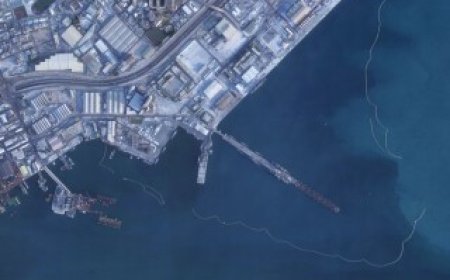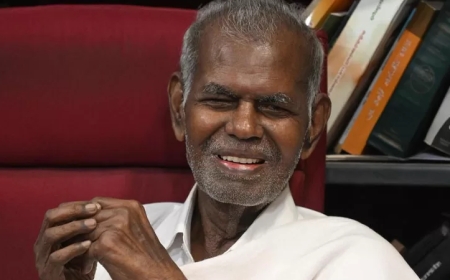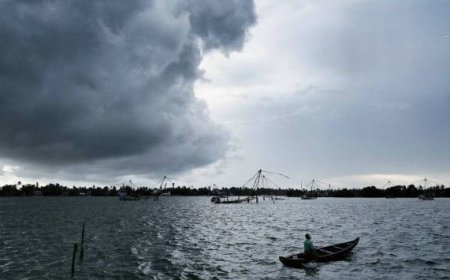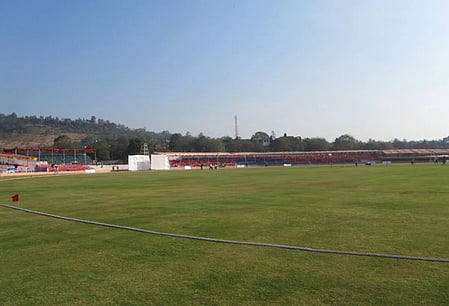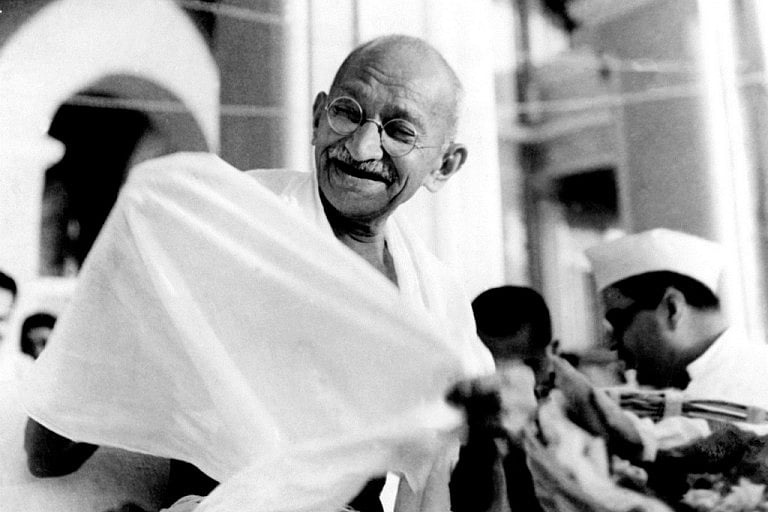Bengaluru water crisis should be an eye-opener

WORLD Water Day was observed on Friday, March 22. The United Nations General Assembly decided in 1993 that a day should be set aside to raise awareness about the importance of freshwater conservation and its significance. Starting around 1993, March 22 has been observed as World Water Day.
The theme of World Water Day 2024 is 'Water for Peace'. When we cooperate on water, we create a positive ripple effect – fostering harmony, generating prosperity and building resilience to shared challenges.
Predictions by the United Nations and the World Bank state that water scarcity impacts approximately 40% of the world's population, with up to 700 million people at risk of displacement due to drought by 2030.
A World Bank report has stated that water scarcity, aggravated by climate change, could hamper economic growth, lead to migration, and spark conflict.
The water wars theory is backed by a study by the European Commission's Joint Research Centre (JRC), which states that the effects of climate change and the rising scarcity of resources can lead to “regional instability and social unrest”.
The paper zeroed in on hotspots where hydro-political issues are likely to flare up. People in most of these are regions, which are short of fresh water and live with a "transboundary”, meaning a shared water source, be it a lake, river, or basin.
Forget about wars, instead, let’s concentrate on evading mob violence over water scarcity.
The water shortage crisis in Bengaluru should be a wake-up call. Prolonged droughts and extensive concretisation have worsened the water crisis in Bengaluru. Over the past five decades, the city has witnessed a drastic reduction in green cover, with paved surfaces now occupying a staggering 86 percent of the area.
The problems of Karnataka’s capital should be a warning for most major cities in the country. However, like Bengaluru, most Indian urban centres continue to neglect water management. The governance deficit at the municipal level in India means that solutions such as rainwater harvesting, reviving water bodies and cleaning and reusing wastewater remain on paper.
Water scarcity isn't just Bangalore's battle; it's a nationwide crisis looming over India's urban landscape. Several major cities could soon be grappling with severe water shortages, presenting formidable challenges for residents and policymakers alike.
Rainwater harvesting and recycled wastewater also help reduce scarcity and ease pressures on groundwater and other natural water bodies. Groundwater recharge, which allows water to move from surface water to groundwater, is a well-known process to prevent water scarcity.
Other ways to save water are lake rejuvenation, water conservation practices and investing in green infrastructure.
To overcome such a situation, Kerala's water-related problems require a multi-pronged approach, involving government policies, community engagement and sustainable practices to ensure a reliable and clean water supply for the state's residents while safeguarding the environment.




